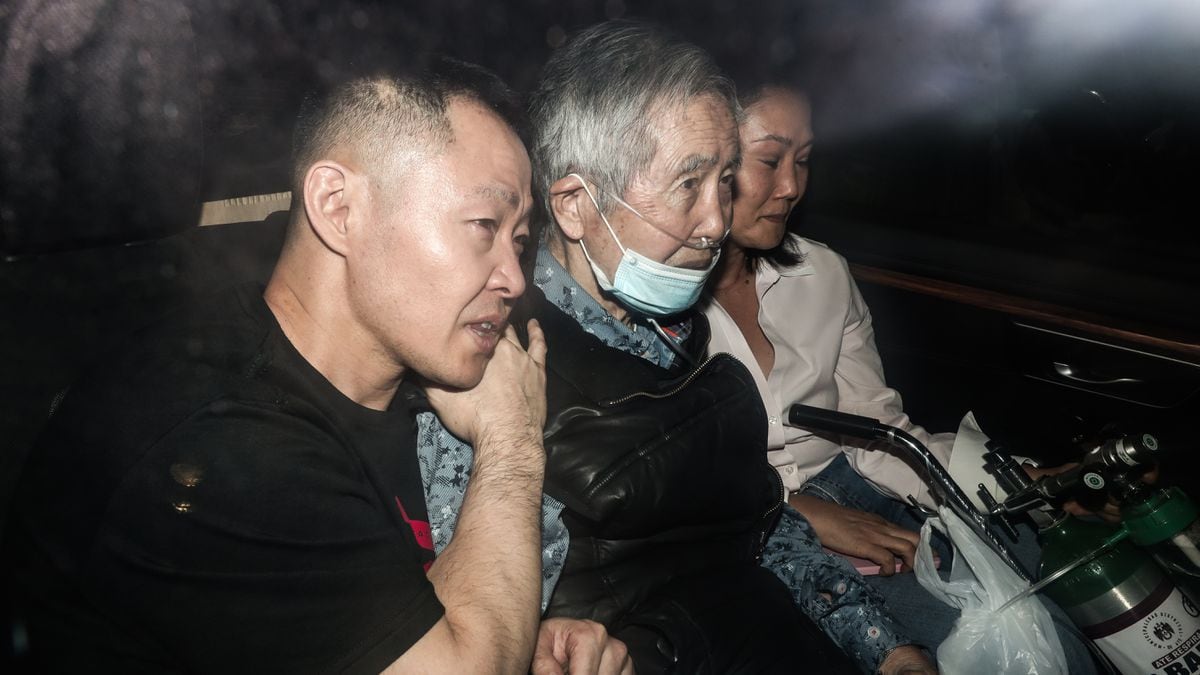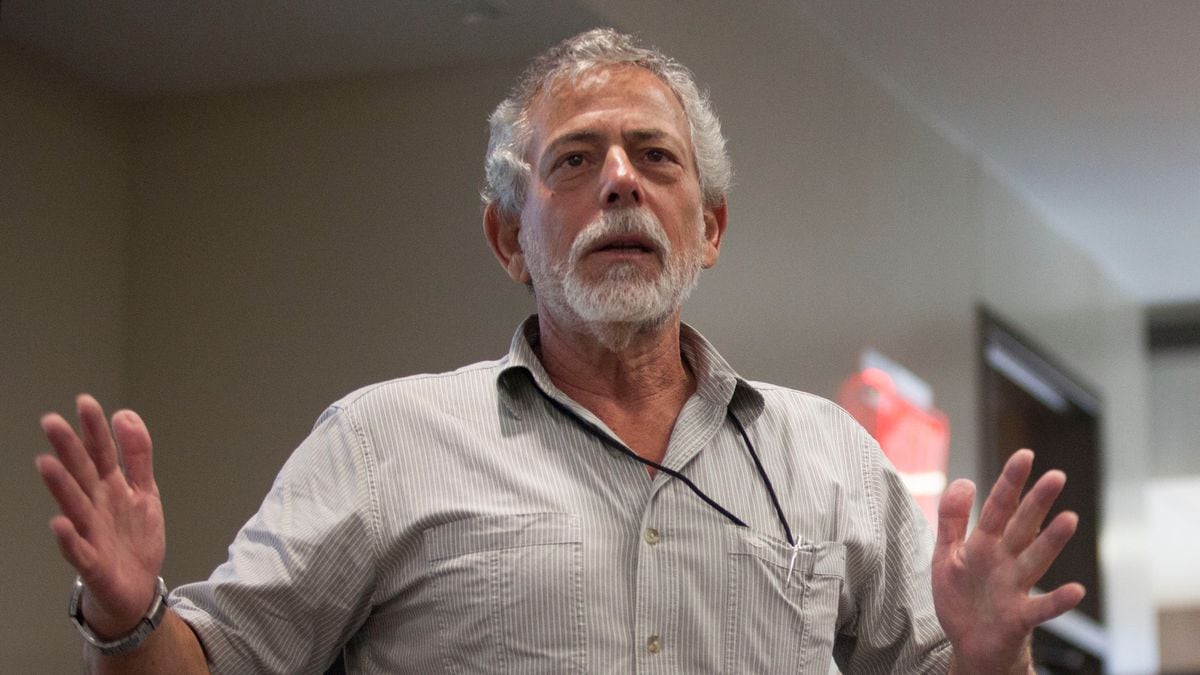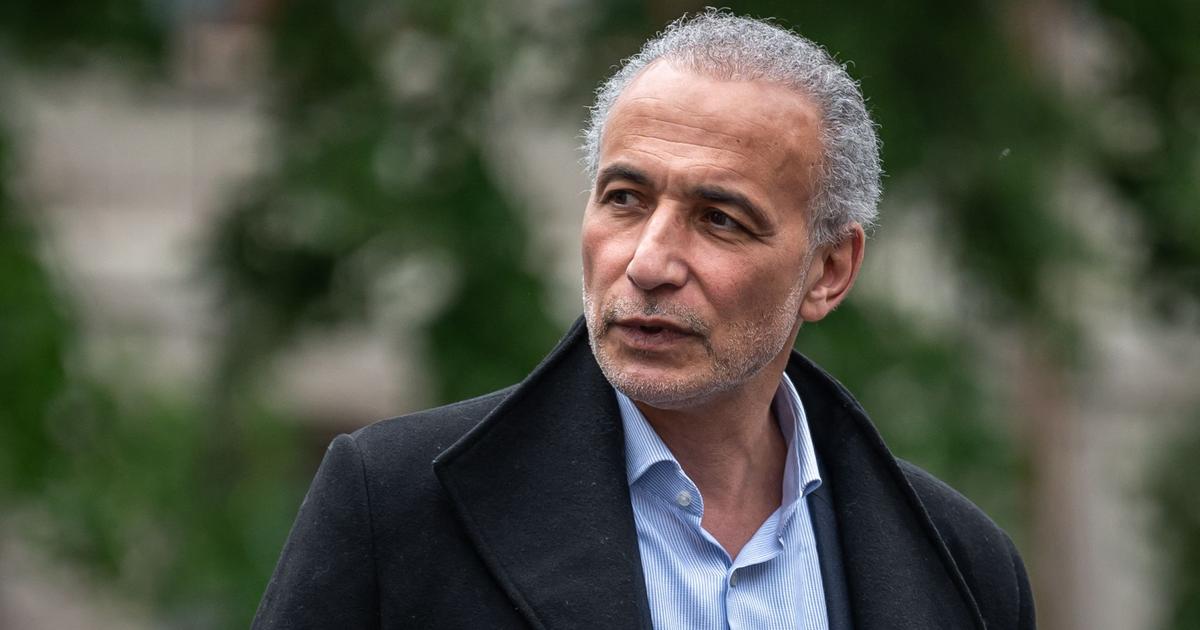More than 300,000 women were forcibly sterilized in Peru during the term of Alberto Fujimori (1995-2000), within the Reproductive Health and Family Planning Program, in theory to combat poverty.
Most were indigenous peasant women, poor and from rural areas.
Twenty years later, the Peruvian Prosecutor's Office has filed a criminal complaint against the former president and three of his health ministers.
They are charged with five cases of injuries resulting in death and another 1,307 with serious injuries.
In a historic event, the prosecutor Pablo Espinoza presented the charges last Monday, in a virtual hearing that lasted five hours, with a translation in Quechua for some of the victims who participated from the city of Cuzco, in southern Peru.
Although those affected number in the hundreds of thousands, the trial is based on the testimonies of 1,300 people who suffered serious injuries as a result of sterilization and five who died.
In addition to Fujimori, who did not attend the hearing although his lawyer did, former Health Ministers Eduardo Yong, Marino Costa and Alejandro Aguinaga, as well as former Health Director Ulises Aguilar, are accused.
"They all played with people's lives and reproductive health," Espinoza said.
Costa appealed to the Constitutional Court to prevent the Public Ministry from continuing the investigation, but the magistrates did not agree with him.
Aguinaga is a candidate for Congress for the Fujimori Popular Force party and for almost two decades he has served as Fujimori's family doctor, who is serving a 25-year prison sentence for two massacres and two kidnappings since 2009 and another eight for corruption.
This is the final phase of an investigation that has lasted almost 25 years and faced multiple obstacles.
In 2014, the then prosecutor Marco Guzmán exonerated Fujimori and his former ministers on the grounds that “there was no policy of forced sterilizations and therefore not a crime against humanity,” recalls lawyer María Isabel Cedano, from the NGO Demus .
That year, Guzmán only filed charges against lower-level health personnel for the death of Mamérita Mestanza, 19, who died as a result of a tubal ligation whose consent he signed without knowing how to read or write and without speaking Spanish.
Affected men
The current accusation is based on a change in legislation in 1996, which transferred responsibility for sterilizations to middle managers and the health personnel who carried them out, and exonerated the senior officials.
According to the prosecution, this legislative maneuver proves that there was the intention of senior officials to evade their responsibility in the future.
It also highlights that the majority of the victims of the sterilizations were women, although some 24,000 men were also affected, who did not have Spanish as their mother tongue and therefore did not receive adequate information about the procedure.
Prosecutor Espinosa said that the reproductive health program, the umbrella under which the sterilizations were carried out, had foreseen that those affected could access a counseling service and a 72-hour reflection period so that they could decide if they agreed to have their tubes tied or have a vasectomy as part of "informed consent."
But he assured that it also included a declaration of waiver of the reflection period to speed up the procedure.
According to a 1999 report by the Ombudsman, 22% of sterilized Peruvian women were illiterate.
The agency received the first complaint of forced sterilization in 1997. In 2015, the Ministry of Justice opened a registry of victims of these practices, in order to provide them with legal guidance, and as of last year some 8,000 were registered.
In February, the Government approved an amendment to the law of the Comprehensive Reparations Plan for the victims of the armed conflict (1980-2000), and included those who suffered "any type of sexual violence."

/cloudfront-eu-central-1.images.arcpublishing.com/prisa/4J2VJKOAVYROSM3XZBBGHJ6CK4.jpg)


/cloudfront-eu-central-1.images.arcpublishing.com/prisa/KSQTCK7XJVBFROZXUOP5CEEXV4.png)

/cloudfront-eu-central-1.images.arcpublishing.com/prisa/AXHYDCVCLRA3DGM5WRNHHS2OKQ.jpg)
/cloudfront-eu-central-1.images.arcpublishing.com/prisa/FGG3RYX4FGONWMZRVKVKHSU33I.jpg)
/cloudfront-eu-central-1.images.arcpublishing.com/prisa/PQLA3LJSLI4GET4EDQ5GDQ7JYY.jpg)






